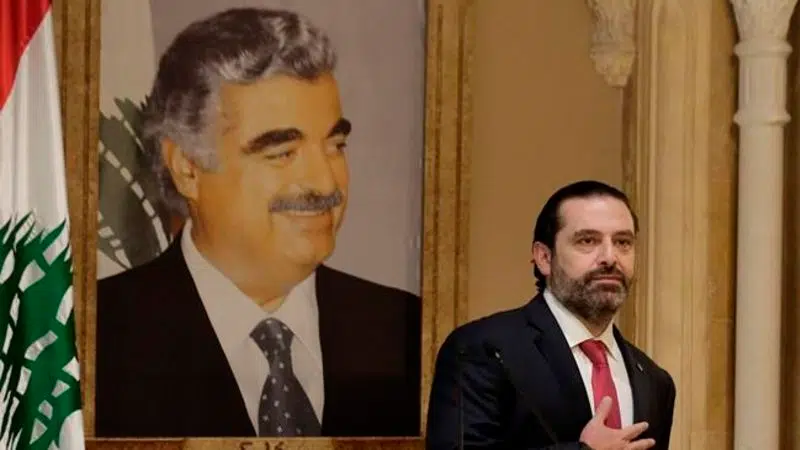
Lebanese prime minister quits amid anti-government protests
BEIRUT — Lebanon’s prime minister resigned Tuesday, bowing to one of the central demands of anti-government demonstrators shortly after baton-wielding Hezbollah supporters rampaged through the main protest camp in Beirut, torching tents, smashing plastic chairs and chasing away protesters.
The demonstrators later returned to the camp in time to hear the news that Prime Minister Saad Hariri announced he would step down after hitting a “dead end” in trying to resolve the crisis, which has paralyzed the country for nearly two weeks. The protesters erupted in cheers at the news.
The Hezbollah rampage marked a violent turning point in Lebanon’s protests, which have called for the resignation of the government and the overthrow of the political class that has dominated the country since the 1975-1990 civil war. The government is dominated by factions allied with Hezbollah, the most powerful armed group in the country.
Hariri had reluctantly worked with those factions as part of a national unity government that had failed to address an increasingly severe economic and fiscal crisis.
